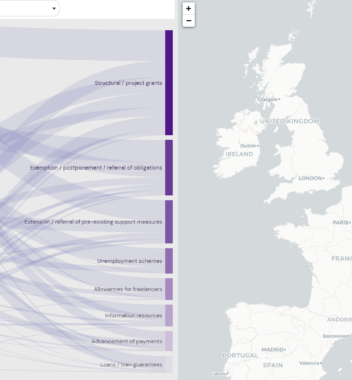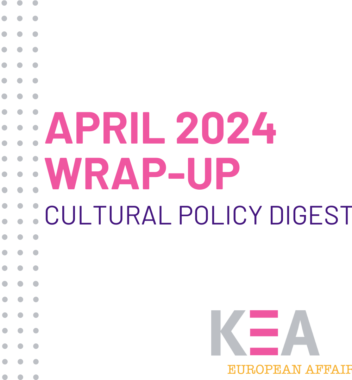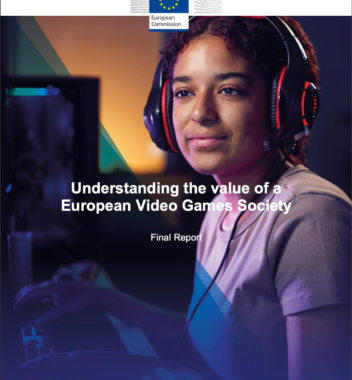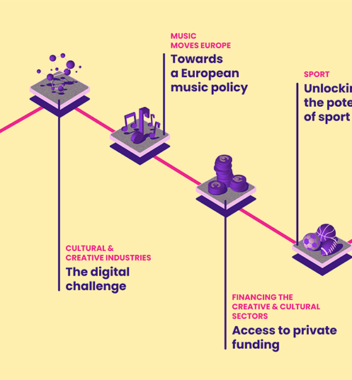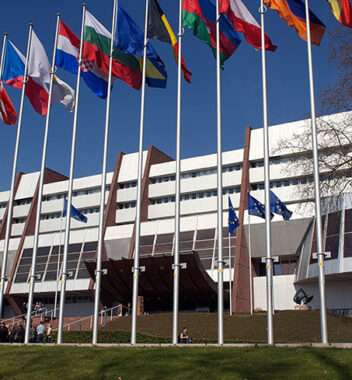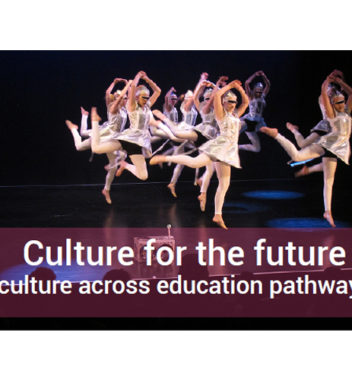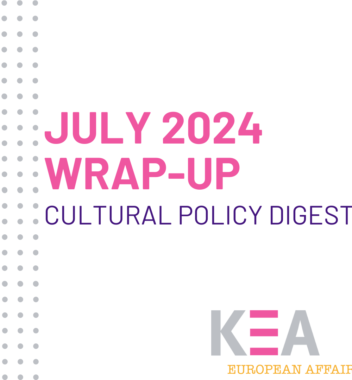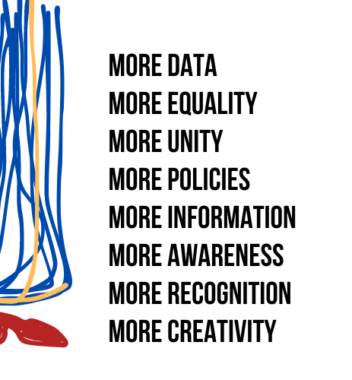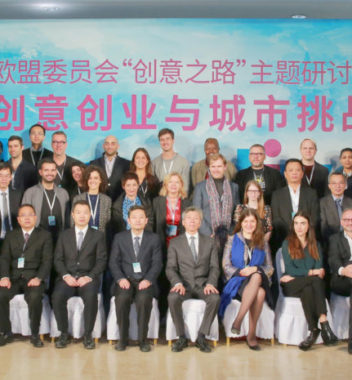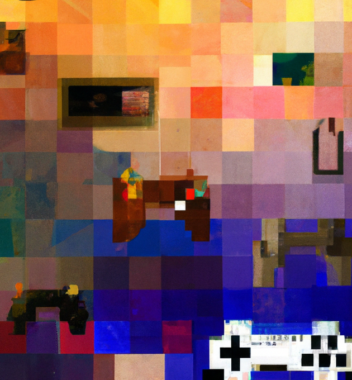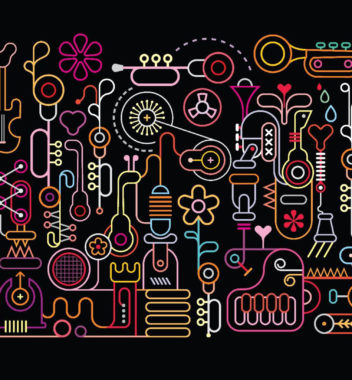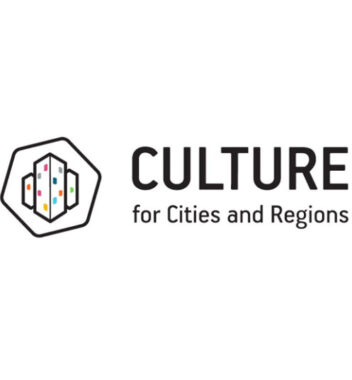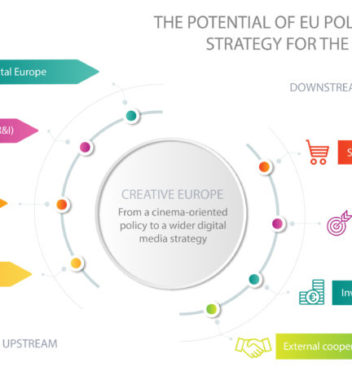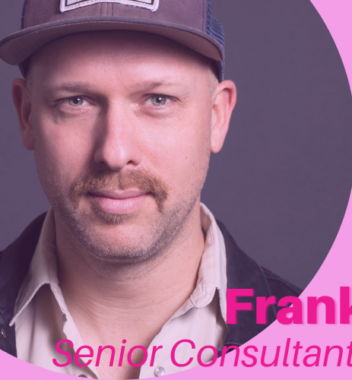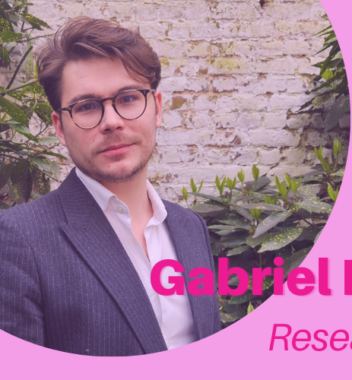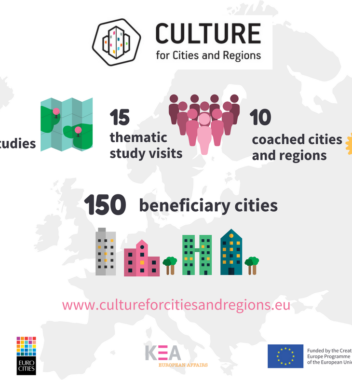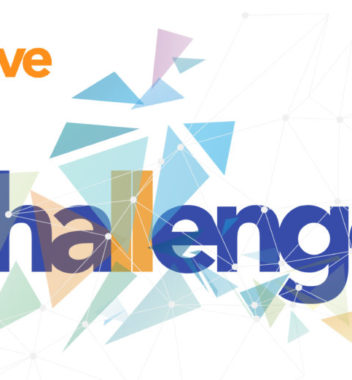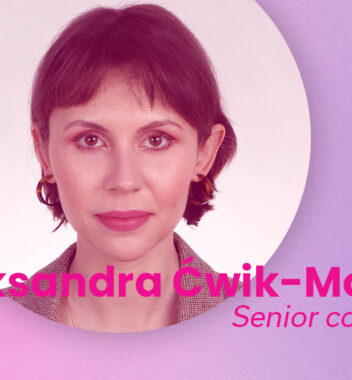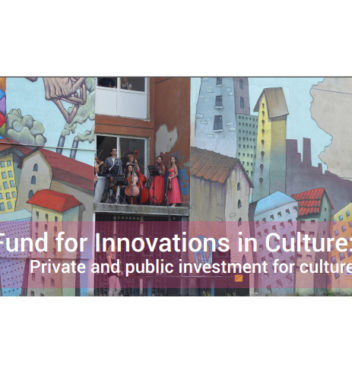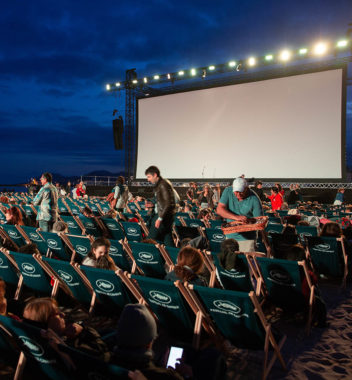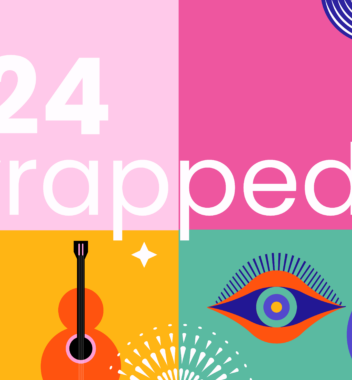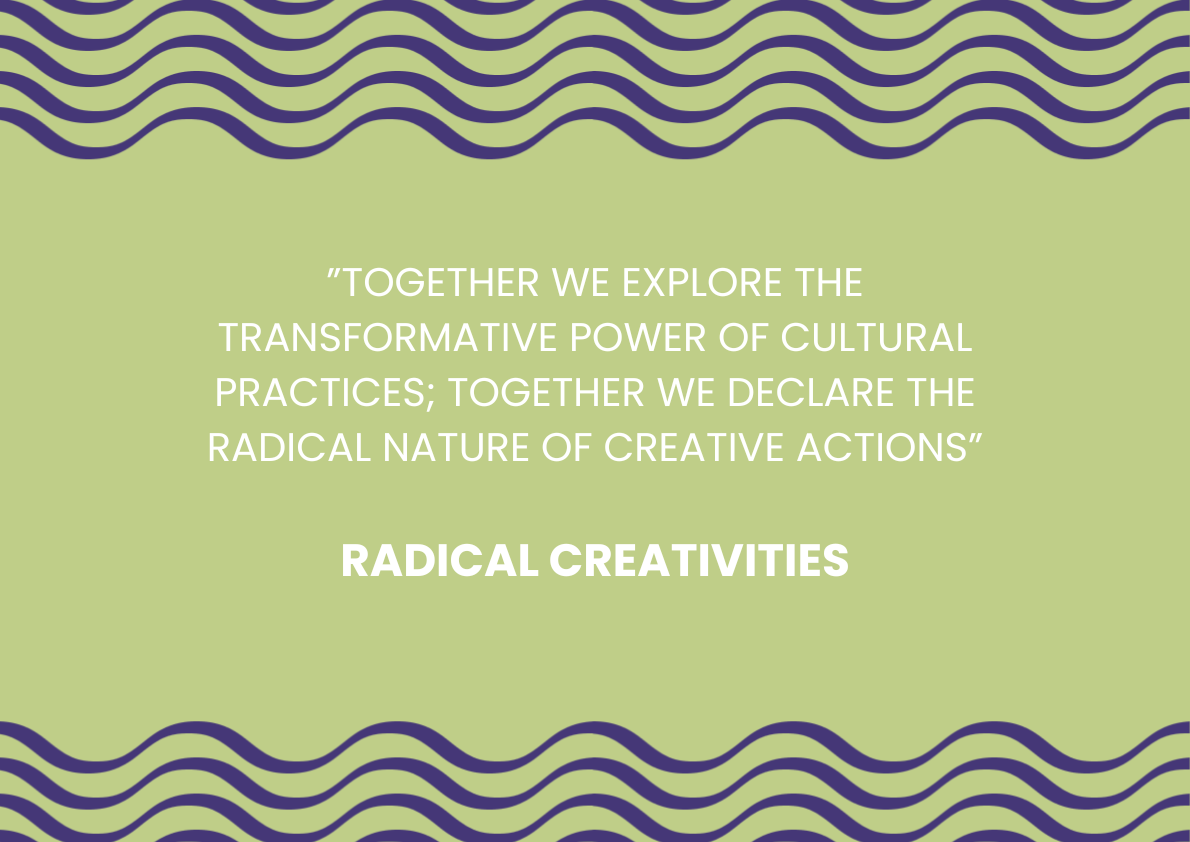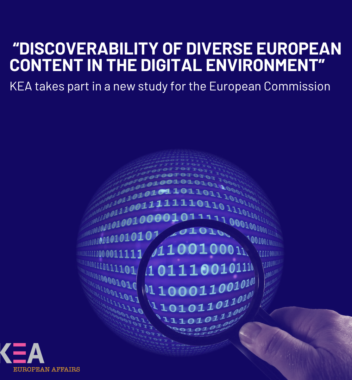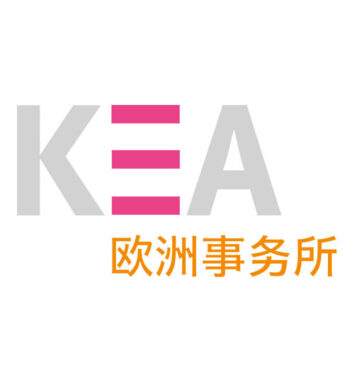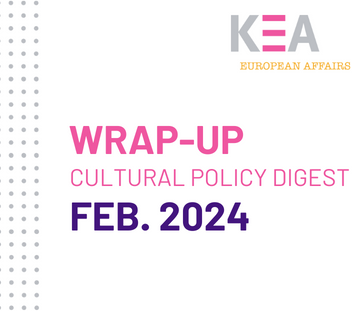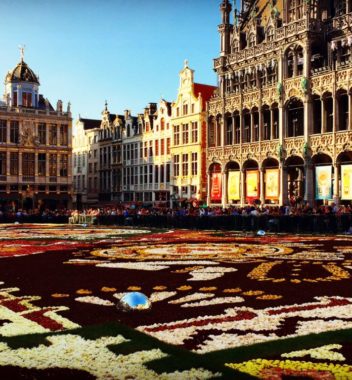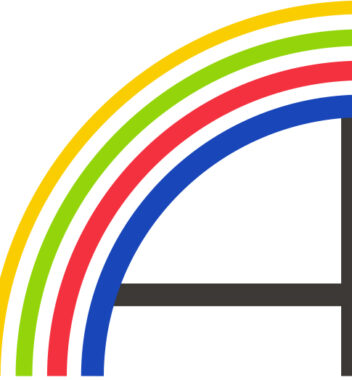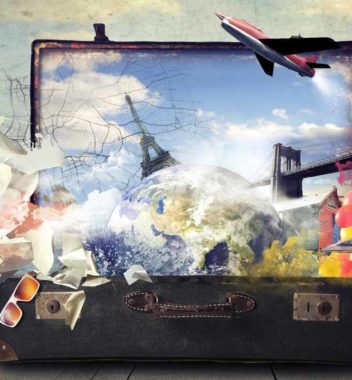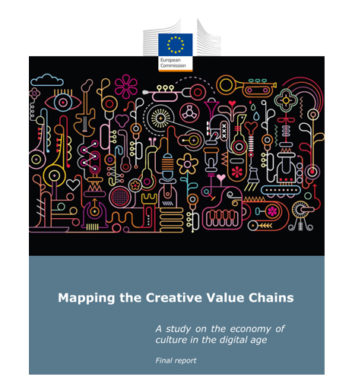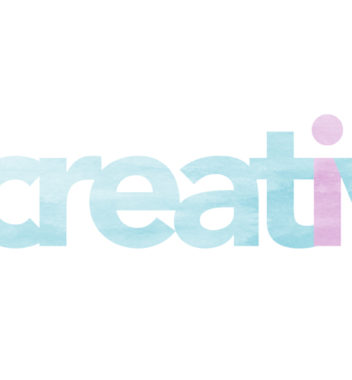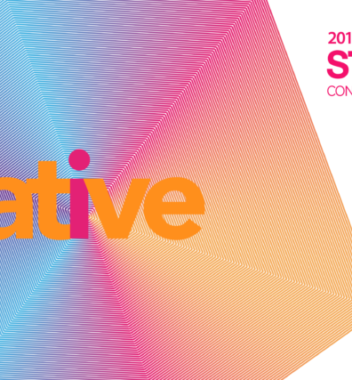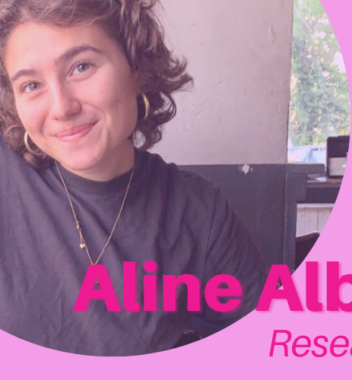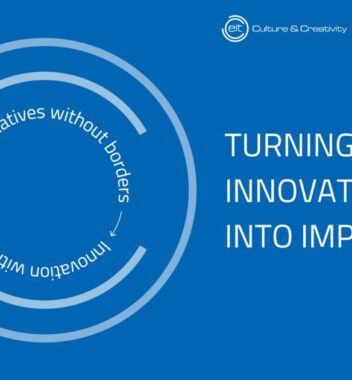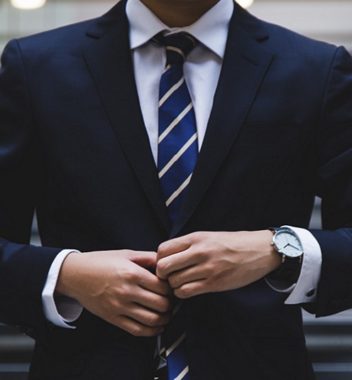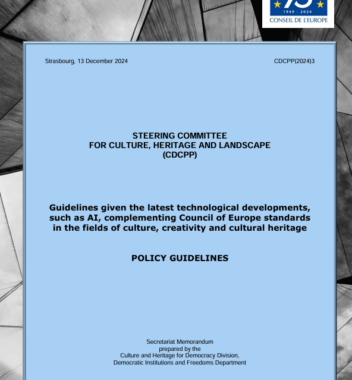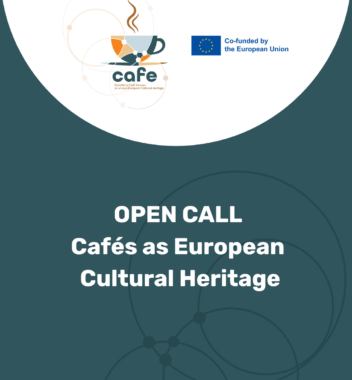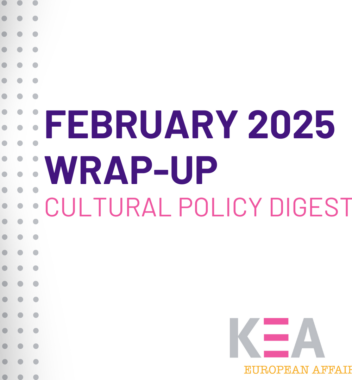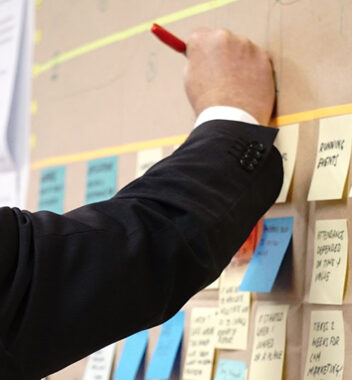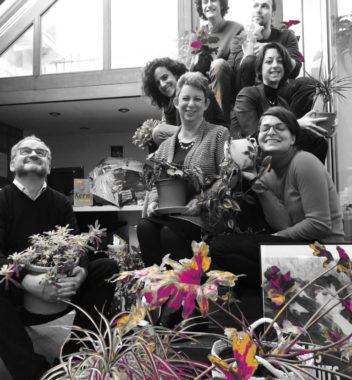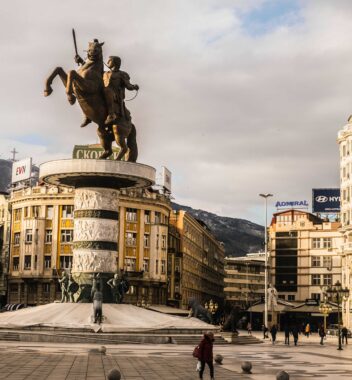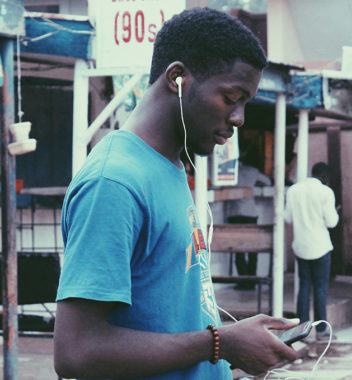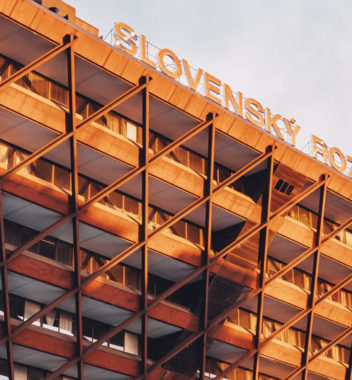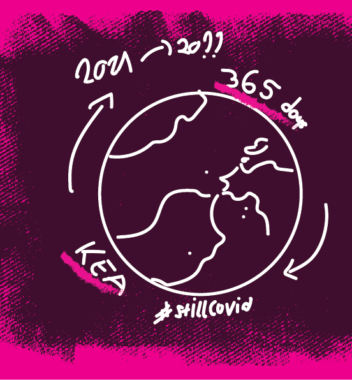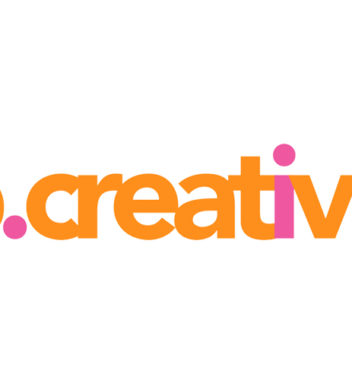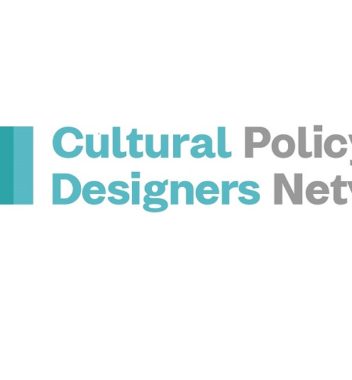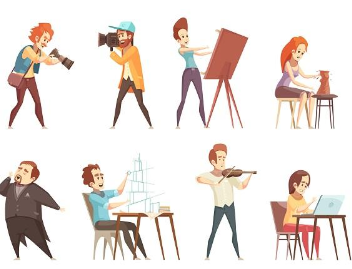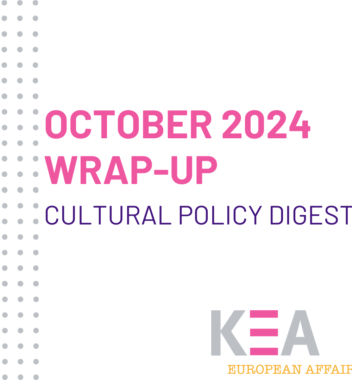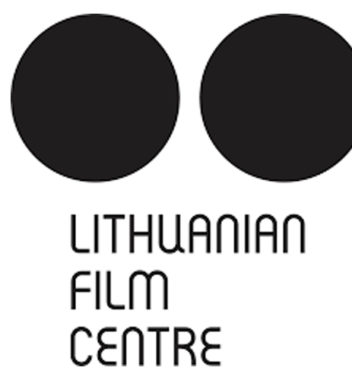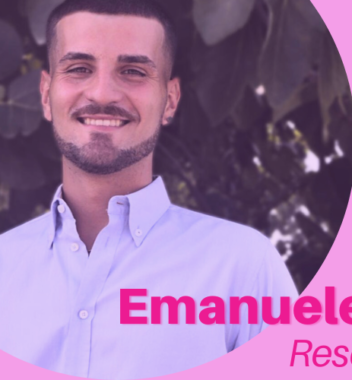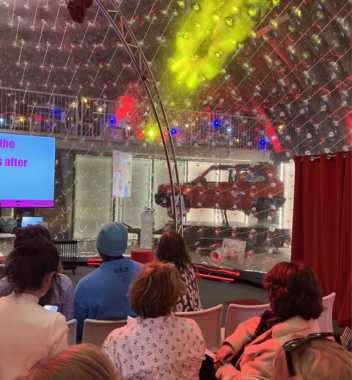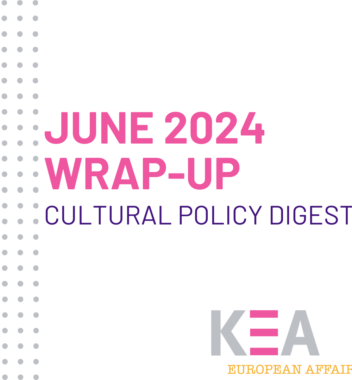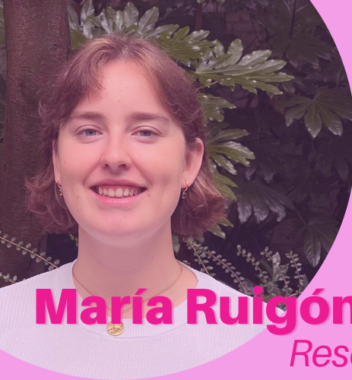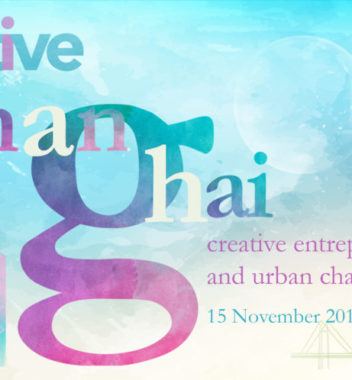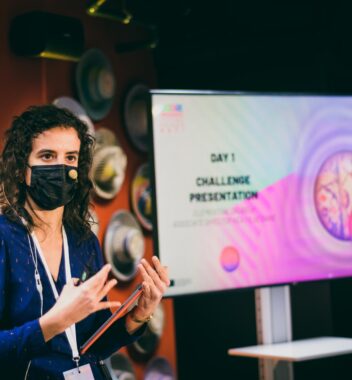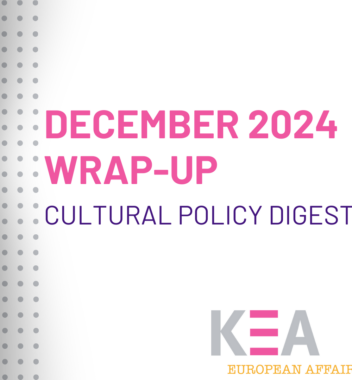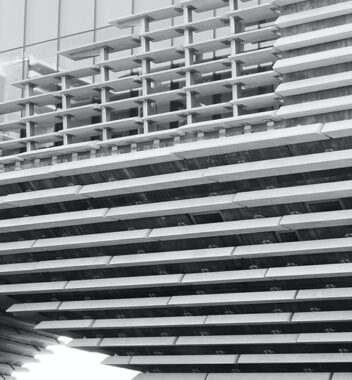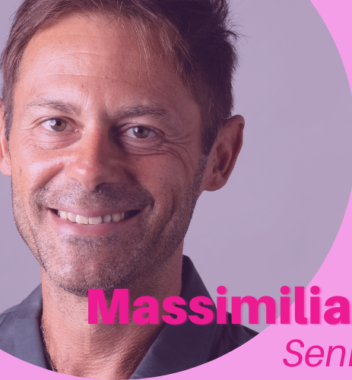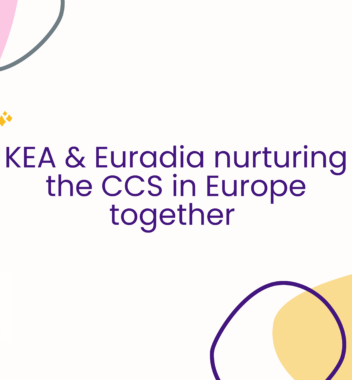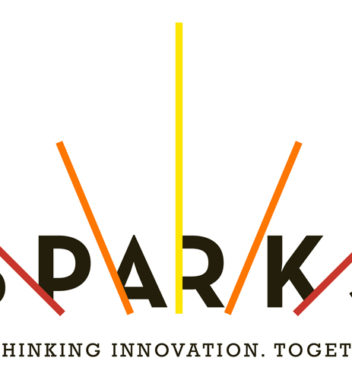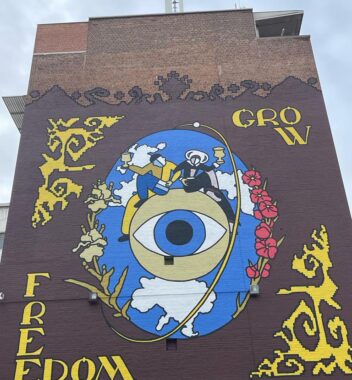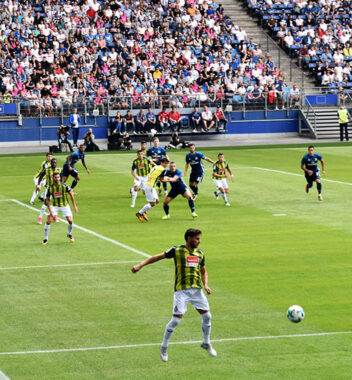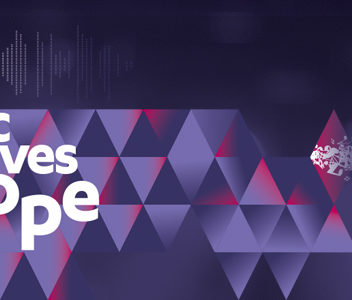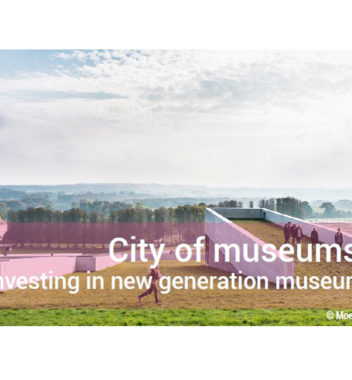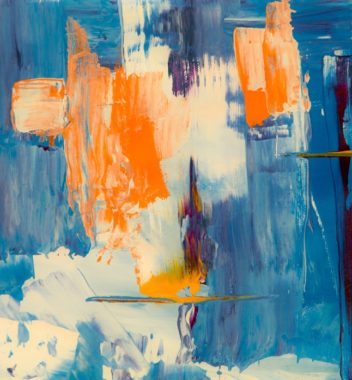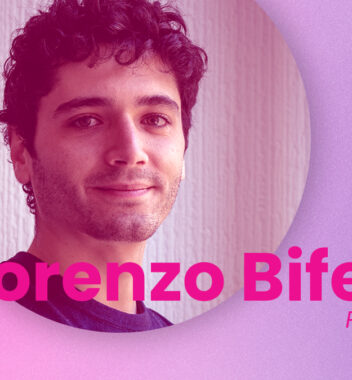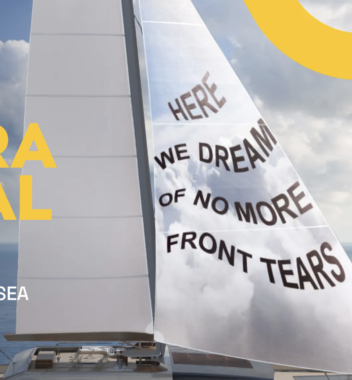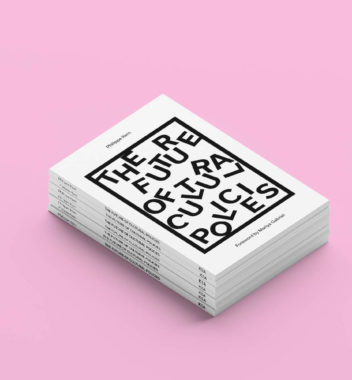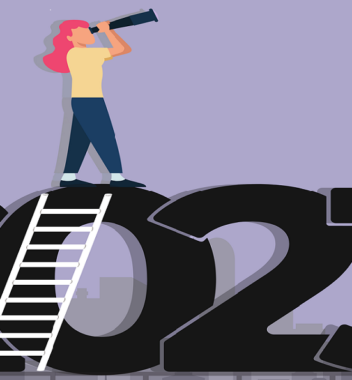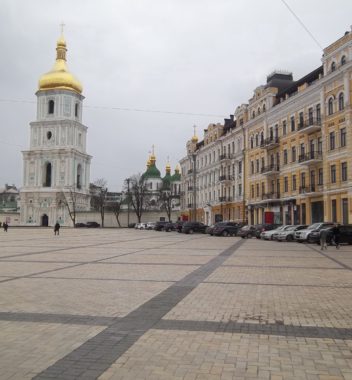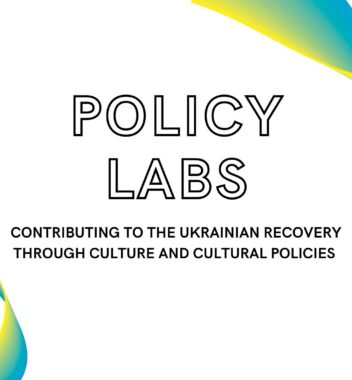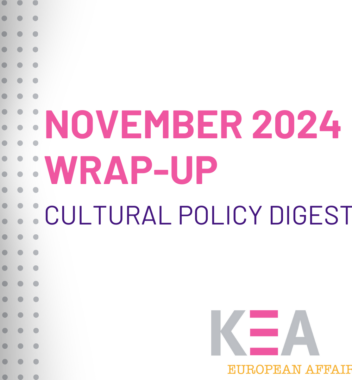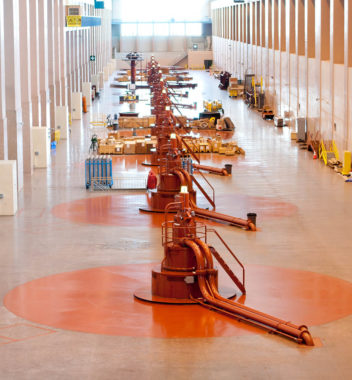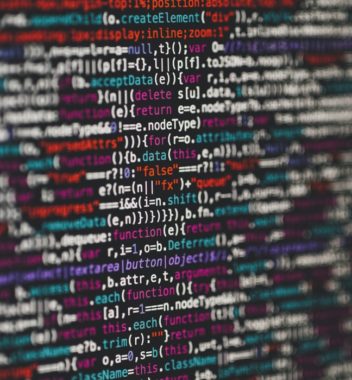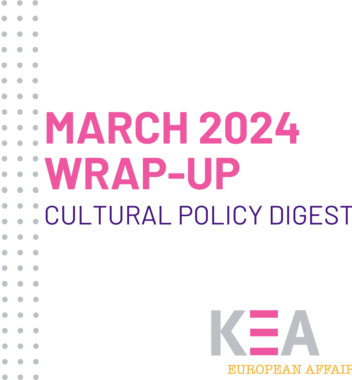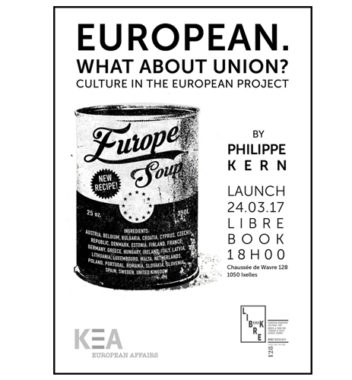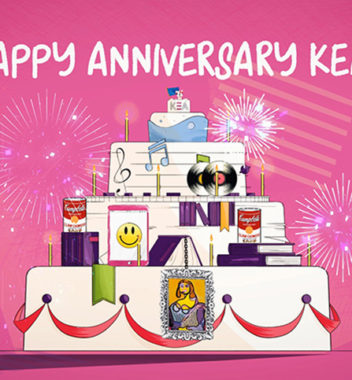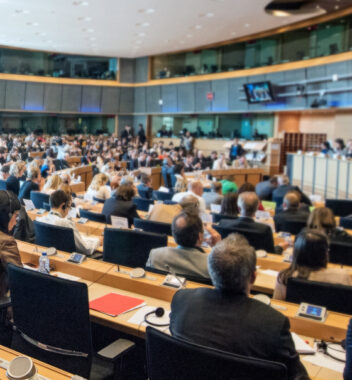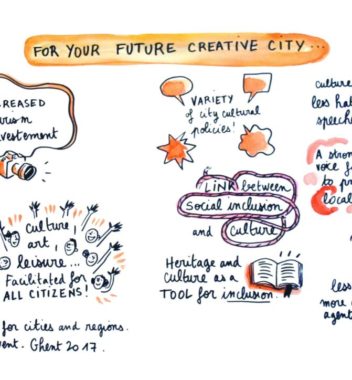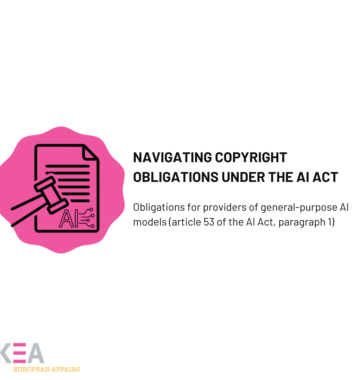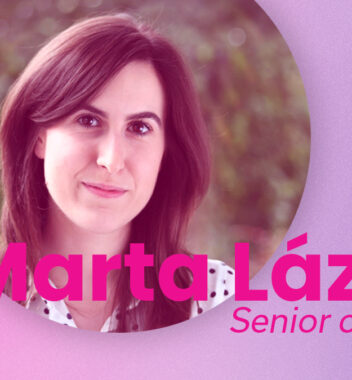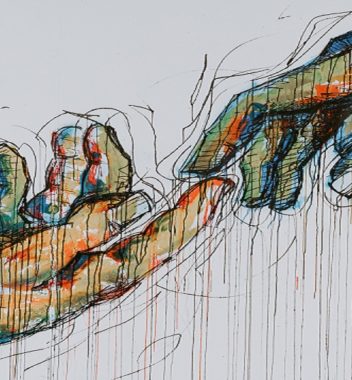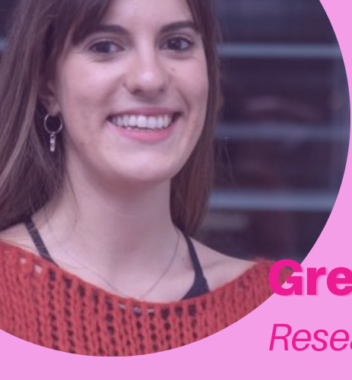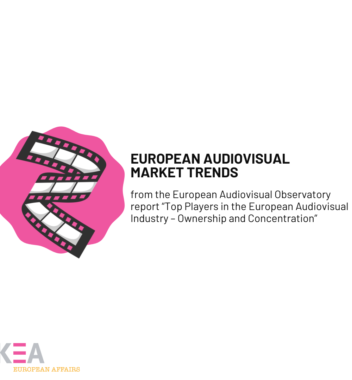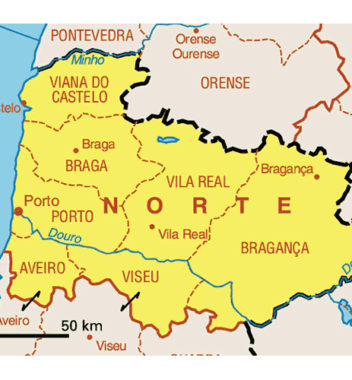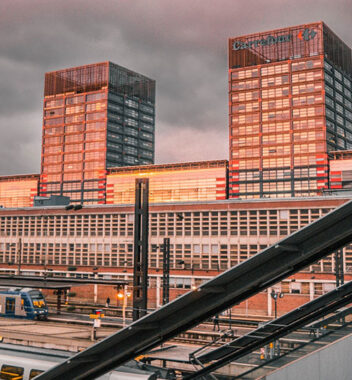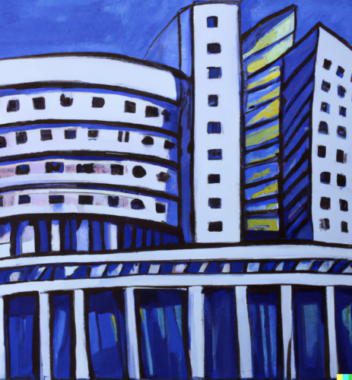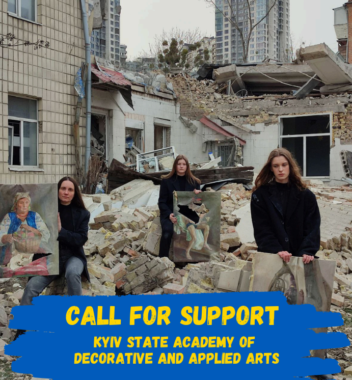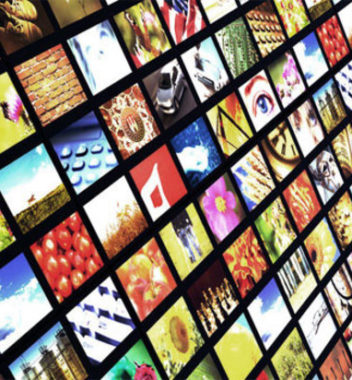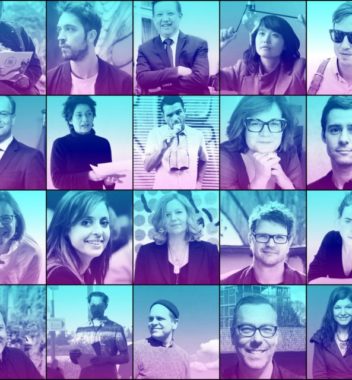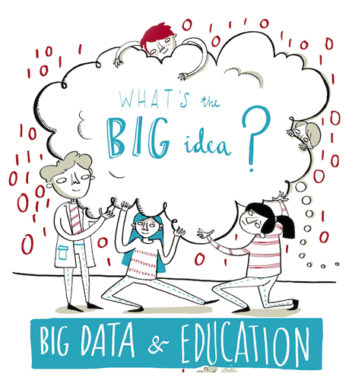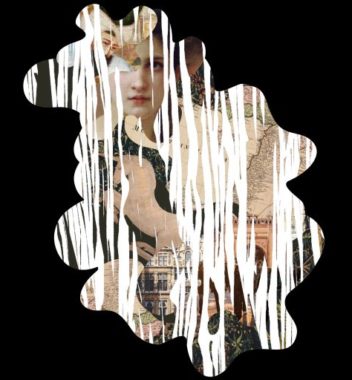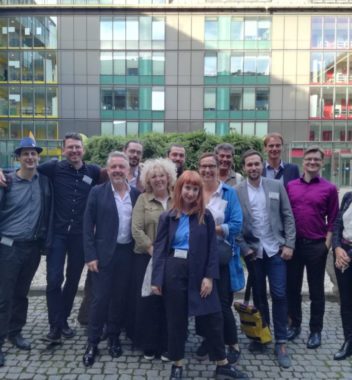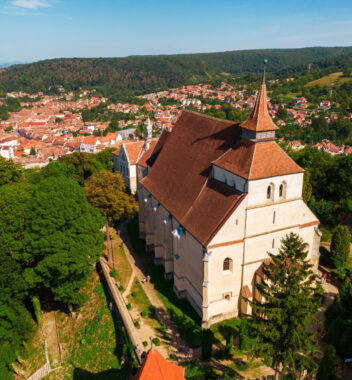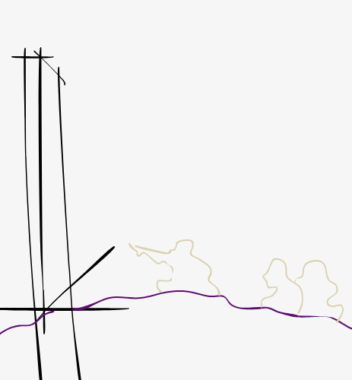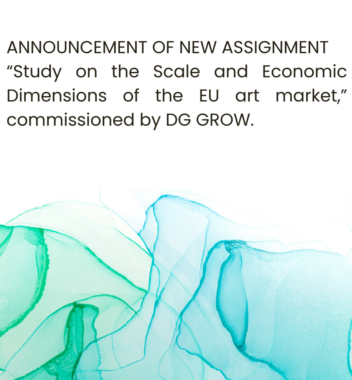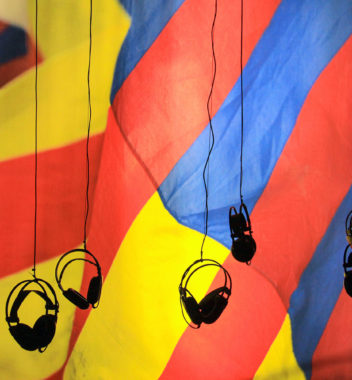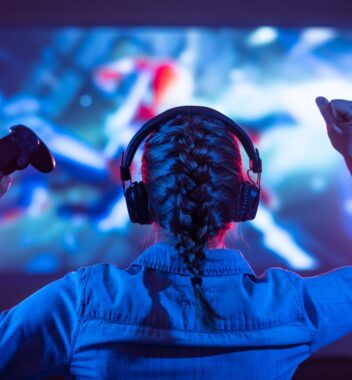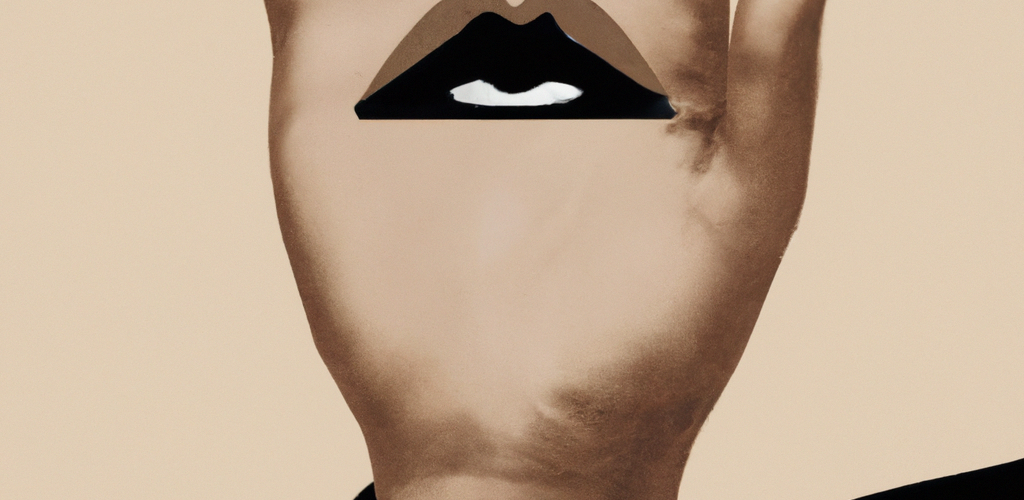
Last month, on the 15th of February 2023, the Council of Europe released a report titled “Free to Create: Artistic Freedom in Europe.” The report marks a significant milestone for artists and cultural practitioners in Europe as it sheds light on the patterns of abuse of artistic freedom across the continent. It analyzes the developments in relevant legislation, and offers a series of recommendations to protect artistic freedom. The report’s release is crucial as it underscores the importance of artistic freedom as a fundamental human right and draws attention to the challenges faced by artists in expressing themselves freely.
Right after the report’s release, a conference titled “Free to Create – European Union Conference on Artistic Freedom and Cultural and Creative Industries” was held in Brussels in the context of the Swedish Presidency of the Council of the European Union. The event, organized by the Government Offices of Sweden, featured two days of conferences and discussions devoted to exploring the current state of artistic freedom in Europe, as well as strategies for its preservation and advancement. Artistic freedom has been at the cornerstone of the Swedish Presidency’s cultural priorities, drawing considerable attention to the topic in the recent months. During the conference, the Swedish Minister for Culture Parisa Liljestrand stressed the importance of the cultural and creative industries in keeping our society alive by broadening our vision and enhancing our understanding of ourselves and others. She also emphasized the need to provide Ukrainian artists who fled the Russo-Ukrainian war with freedom and support.
The report “Free to Create: Artistic Freedom in Europe” provides us with a picture of the state of artistic freedom in Europe between 2019 and 2022 and exploits the discussions held by a group of 20 artists and cultural practitioners from 12 European countries who met in July 2022 in Ljubljana to share their perspectives and experiences of artistic freedom in their work and respective countries.
It discusses issues of censorship and self-censorship across Europe and throughout the testimonies of the Ljubljana artists, and the challenge to legally define where to draw the lines that define whether an art piece should be censored on the basis of blasphemy, glorification of terrorism, criticism of the political power in place, etc. It also highlights the significant disparities in social norms and legal structures among European countries on what is deemed acceptable to express through Art. The report emphasizes the need for clear legal frameworks to protect artistic freedom, and recommends that states should establish robust and independent judiciary systems that can uphold and protect the right to artistic freedom. Finally, it suggests that governments should create environments where artists from different backgrounds can create and express themselves freely, and recommends that policymakers and educators work together to promote artistic freedom in schools and universities.
What is KEA doing to support artistic freedom?
At KEA, we are committed to researching the intersection of policy-making and the Arts and how they influence each other. For instance, as part of the Artsformation consortium, a EU-funded Horizon 2020 research and innovation project, we explore the ways in which the Arts can reinforce the social, cultural, economic, and political benefits of the digital transformation. Likewise, the project investigates the role of the arts in critical social issues as abusive and exploitative aspects of digital technologies, including artistic freedom. As part of Artsformation, KEA has identified both priorities areas for Arts engagement and best practices for successful integration of Arts’ perspectives on policymaking.
If you’re interested in exploring the transformative power of engaged art, or gaining insights into the potential social and civic impact of artwork, we encourage you to follow the latest updates from Artsformation. As the project enters an important policy phase, with upcoming policy workshops in the next months, there will be plenty of opportunities to engage in discussions and debates on the role of art in shaping our society. We believe that artistic freedom is a fundamental human right that should be protected and celebrated, and we hope that our research and advocacy efforts can contribute to creating an environment where artists from different backgrounds can create and express themselves freely. As we navigate the challenges of the digital age, we need to ensure that the cultural and creative industries are given the necessary support and resources to thrive, and that artistic freedom is at the heart of policymaking at all levels.
You can find more information on Artsformation on the project’s website.
Link to the Council of Europe Report “Free to Create: Artistic Freedom in Europe”.
Contributor: Pénélope Charpentier
21/03/2023
